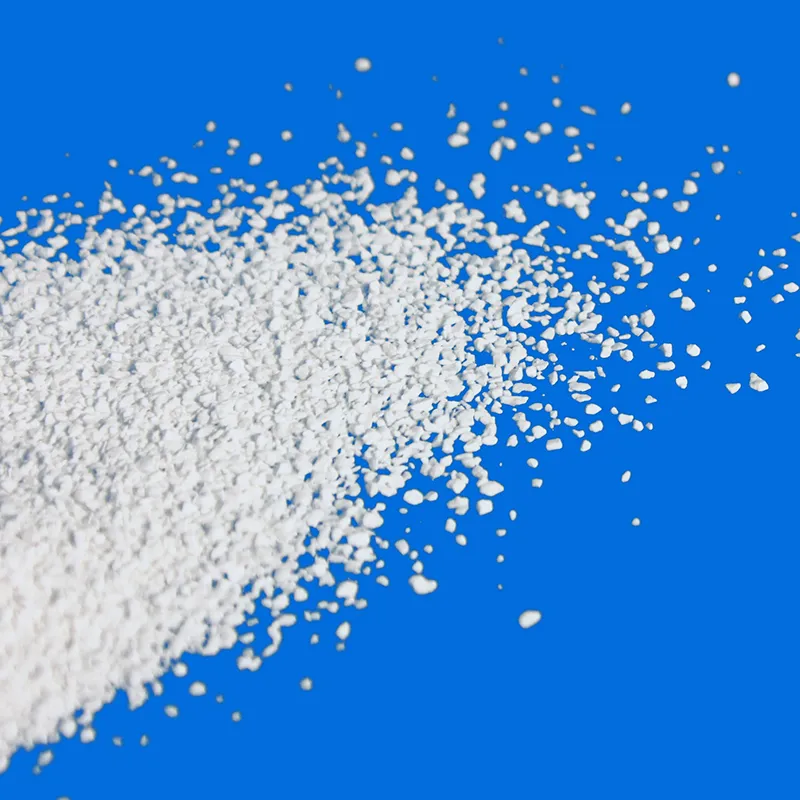
cooling water treatment chemicals
Cooling Water Treatment Chemicals Ensuring Efficiency and Longevity
Cooling water systems are integral to various industrial processes, power generation, and large HVAC systems. However, these systems are prone to numerous challenges, such as scaling, corrosion, and biological growth, which can significantly affect efficiency and lead to costly downtime. To combat these issues, the use of specialized cooling water treatment chemicals has become essential.
Understanding the Need for Treatment Chemicals
The primary function of cooling water treatment chemicals is to maintain optimal system performance by preventing the deposition of scale and the corrosion of metal components. Scale formation typically occurs when dissolved minerals precipitate out of the water due to temperature changes or concentration. This buildup can restrict water flow and create inefficient heat exchange, leading to increased energy consumption and mechanical strain.
Similarly, corrosion is a significant concern, as it can weaken pipes and other components within a cooling system over time. This deterioration not only poses safety risks but can also lead to expensive repairs and replacements. To enhance system longevity, treatment chemicals are formulated to form protective films on metal surfaces, inhibiting oxidation and further deterioration.
Key Categories of Treatment Chemicals
Cooling water treatment chemicals can be broadly categorized into several types, each serving specific purposes
cooling water treatment chemicals

1. Scale Inhibitors These chemicals work by interfering with the precipitation of scale-forming minerals, such as calcium carbonate and sulfates. They either modify the crystal growth of these minerals or keep them suspended in the water, allowing them to be removed through blowdown.
2. Corrosion Inhibitors Typically composed of organic compounds or phosphates, these chemicals create a barrier that protects metal surfaces from corrosive agents. By forming a thin layer, they minimize metal ion release into the cooling water.
3. Biocides Algae and bacteria can proliferate in cooling systems, leading to biofilm formation and further corrosion issues. Biocides are employed to control microbial growth, ensuring that the water remains clean and efficient.
4. pH Adjusters Maintaining the right pH level is crucial for preventing both scale formation and corrosion. pH adjusters may include acids or bases, which help to keep the cooling water within an optimal range.
Conclusion
In conclusion, the use of cooling water treatment chemicals is vital for maintaining the efficiency and longevity of cooling systems. By addressing issues such as scaling, corrosion, and biological growth, these chemicals help industries avoid expensive repairs and reduce energy consumption. To ensure optimal performance, regular monitoring and appropriate chemical application are necessary. As technologies advance, innovations in cooling water treatment will continue to enhance system reliability and sustainability, supporting a more efficient industrial landscape.
-
Industrial Chemicals: Quality & Purity for Every IndustryNewsAug.28,2025
-
Nitrile Rubber Honoring Strict Production StandardsNewsAug.22,2025
-
Aspartame Ingredients Honoring Food Safety ValuesNewsAug.22,2025
-
Fertilizer for Balanced Plant NutritionNewsAug.22,2025
-
Cyanide Gold Processing with High Purity AdditivesNewsAug.22,2025
-
Formic Acid in Textile Dyeing ApplicationsNewsAug.22,2025
-
Aluminum Hydroxide Gel in Skincare ProductsNewsAug.22,2025
Hebei Tenger Chemical Technology Co., Ltd. focuses on the chemical industry and is committed to the export service of chemical raw materials.
-

view more DiethanolisopropanolamineIn the ever-growing field of chemical solutions, diethanolisopropanolamine (DEIPA) stands out as a versatile and important compound. Due to its unique chemical structure and properties, DEIPA is of interest to various industries including construction, personal care, and agriculture. -

view more TriisopropanolamineTriisopropanolamine (TIPA) alkanol amine substance, is a kind of alcohol amine compound with amino and alcohol hydroxyl, and because of its molecules contains both amino and hydroxyl. -

view more Tetramethyl Thiuram DisulfideTetramethyl thiuram disulfide, also known as TMTD, is a white to light-yellow powder with a distinct sulfur-like odor. It is soluble in organic solvents such as benzene, acetone, and ethyl acetate, making it highly versatile for use in different formulations. TMTD is known for its excellent vulcanization acceleration properties, which makes it a key ingredient in the production of rubber products. Additionally, it acts as an effective fungicide and bactericide, making it valuable in agricultural applications. Its high purity and stability ensure consistent performance, making it a preferred choice for manufacturers across various industries.





